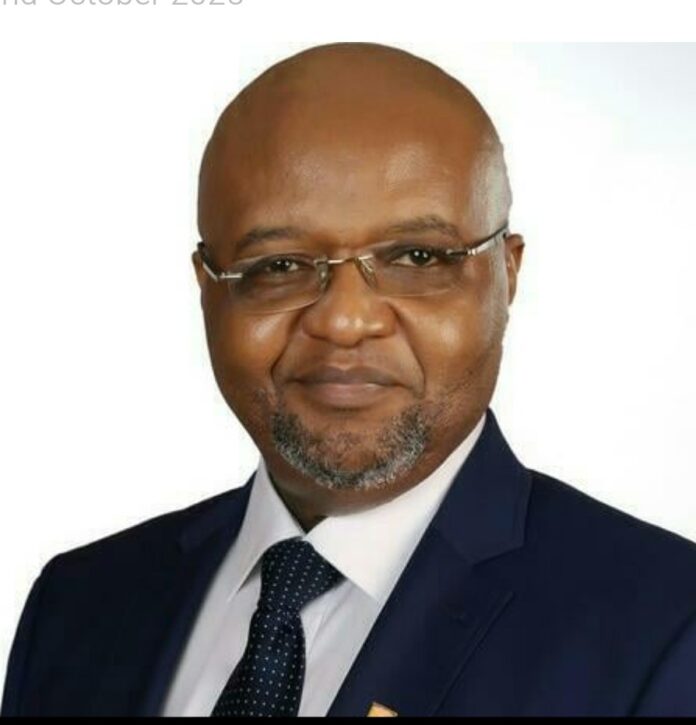A Senior Fellow at Nnamdi Azikiwe University and Executive Director of Development Specs Academy, Abuja, Professor Oke Ikechukwu, has stressed the need for the retraining of teachers to ensure the effective implementation of Nigeria’s new basic education curriculum.
Ikechukwu said such retraining was essential to promote deeper learning and ensure that students truly understand lessons, rather than merely memorising or reproducing what teachers present in class.
Speaking at the unveiling of educational tools for the implementation of the 2025 Basic Education Curriculum for primary and junior secondary schools, organised by BMI Finishing School in Abuja, Ikechukwu said a curriculum alone cannot deliver meaningful education outcomes without capable and well-trained teachers.
He said, “So we have a curriculum. Now, a curriculum cannot teach you anything. There have to be teachers.
“It’s not about children reproducing what you wrote on the board or what you told them, but whether they can get the meaning.”
He urged state governments that have adopted the BMI model to go beyond policy-level engagement by organising training-of-trainers programmes for teachers.
According to him, such capacity-building efforts would help educators move from rote teaching to comprehension-based instruction that encourages critical thinking, creativity, and practical understanding.
Ikechukwu noted that the BMI curriculum distinguishes itself through its interactive and inclusive design, which simplifies learning and integrates drama, role play, and demonstrations into classroom activities.
He said, “You have a small lesson, say on what solar energy is. After the short lesson, you have a drama and a demonstration as part of the text. You don’t have that anywhere in your books, and that’s what makes this unique and should be taken seriously.”
In his address, the Executive Chairman and Founder of BMI Finishing School, Nnamdi Unachukwu, said the organisation’s newly introduced Digital Skills Lab would provide visual and practical training for students while the physical infrastructure is still being developed.
Unachukwu said the introduction of the new curriculum was timely, given Nigeria’s rising unemployment and youth restlessness.
“Unemployment is high, poverty levels are rising, and youth restlessness continues to grow. Entrepreneurship education is now an urgent necessity—not merely an option,” he said.
He explained that research has shown that nations that achieved sustained economic growth did so by investing in innovation and entrepreneurship education.
The federal government, through the Nigerian Educational Research and Development Council, on August 31, 2025, announced a major overhaul of Nigeria’s national curriculum, to take effect from the 2025/2026 academic session.
The review, the first major revision since 2014, was aimed at reducing subject overload, enhancing practical and digital skills, and promoting entrepreneurship education at all levels.
The new curriculum introduces digital literacy, coding, robotics, and artificial intelligence while reintroducing History as a compulsory subject at the basic level.
It further expands trade and technical education, including practical courses such as solar installation, garment making, GSM repairs, and horticulture, aligning classroom learning with market-ready skills.














